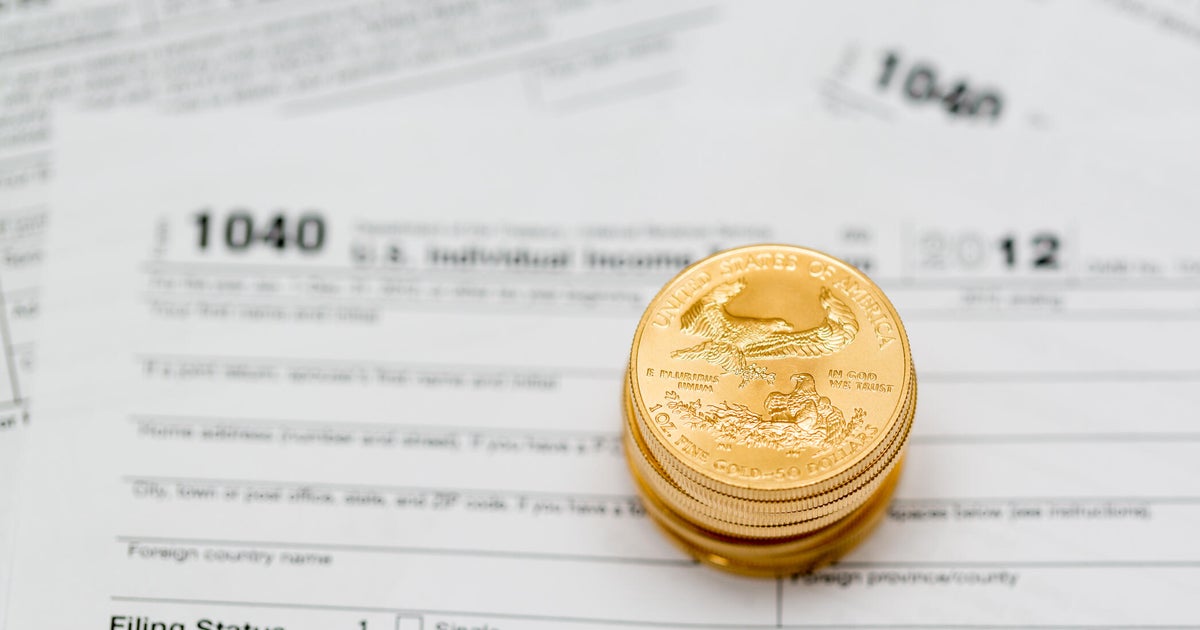Stocks wobble as fears mount over possible Russian attack on Ukraine
Stocks dipped on Monday as investors keep a wary eye on the developing situation in Ukraine as Russian troops mass along the country's borders.
The S&P 500 lost 17 points, or 0.4%, to end the day at 4,402. The Dow dropped 172 points, or 0.5%, to close at 34,566, while the tech-heavy Nasdaq Composite was flat.
"Markets are belatedly waking up to the geopolitical risks posed by Russian military action against Ukraine," Rabobank said in a report.
Russia has moved some long-range artillery and rocket launchers into firing position, threatening Ukraine, according to a U.S. official. The U.S. also announced it is closing its embassy in Ukraine and moving all remaining staffers there to a city near the Polish border.
Earlier, Britain's prime minister said Europe is "on the edge of a precipice," citing an American warning that Russia could invade Ukraine in the next 48 hours.
Energy markets brace for shock
Wall Street's benchmark S&P 500 index lost 1.9% on Friday after the White House warned that Russia could invade Ukraine "at any time," telling Americans there to leave within 48 hours — other governments including Russia pulled diplomats and their citizens out of the country. European markets were down sharply. Crude oil prices were down slightly and Treasury yields rose. The yield on the 10-year note rose to 1.99%.
Russia is one of the biggest oil producers. Any military action that disrupts supplies could send shockwaves through energy markets and global industry.
"The EU is heavily reliant on imports of Russian energy, as Russia supplies 40% of its oil products and coal, and a fifth of its natural gas," Simon MacAdam, senior global economist with Capital Economics, said in a report.
"Potential for rapid escalation"
"We see rising potential for rapid escalation with associated market disruption potentially even before the end of the Olympics – adding to overall macro risk sentiment," analysts with investment bank Raymond James said in a note on Friday.
Investors already were on edge about Federal Reserve plans to wind down economic stimulus to cool inflation that is at a four-decade high and about how quickly Europe and other central banks would follow.
Investors moved money into Treasury bonds, gold and other assets seen as safe havens. The market price of a 10-year Treasury rose on Friday, pushing down its yield, or the difference between the day's price and the payout if held to maturity, to 1.92% from Thursday's 2.03%.
"For financial markets, a Russian invasion of Ukraine could first be expected to boost global energy prices," David Kelly, chief global strategist at JPMorgan Funds said in a research note. "Russia supplies roughly a third of all the natural gas consumed in Europe and accounts for over 10% of global oil production. Any shutdown or threatened shutdown of these supplies would push prices higher from today's already elevated levels."
Treasury prices had been falling on expectations the Fed will raise interest rates as many as seven times this year. If the Fed succeeds in cooling inflation, that would increase the buying power of the payout from bonds, making them a more attractive investment.
As for which is having a greater impact on the sell-off, Jonas Goltermann of Capital Economics says "the fear of hawkish central banks has been the dominant driver."



